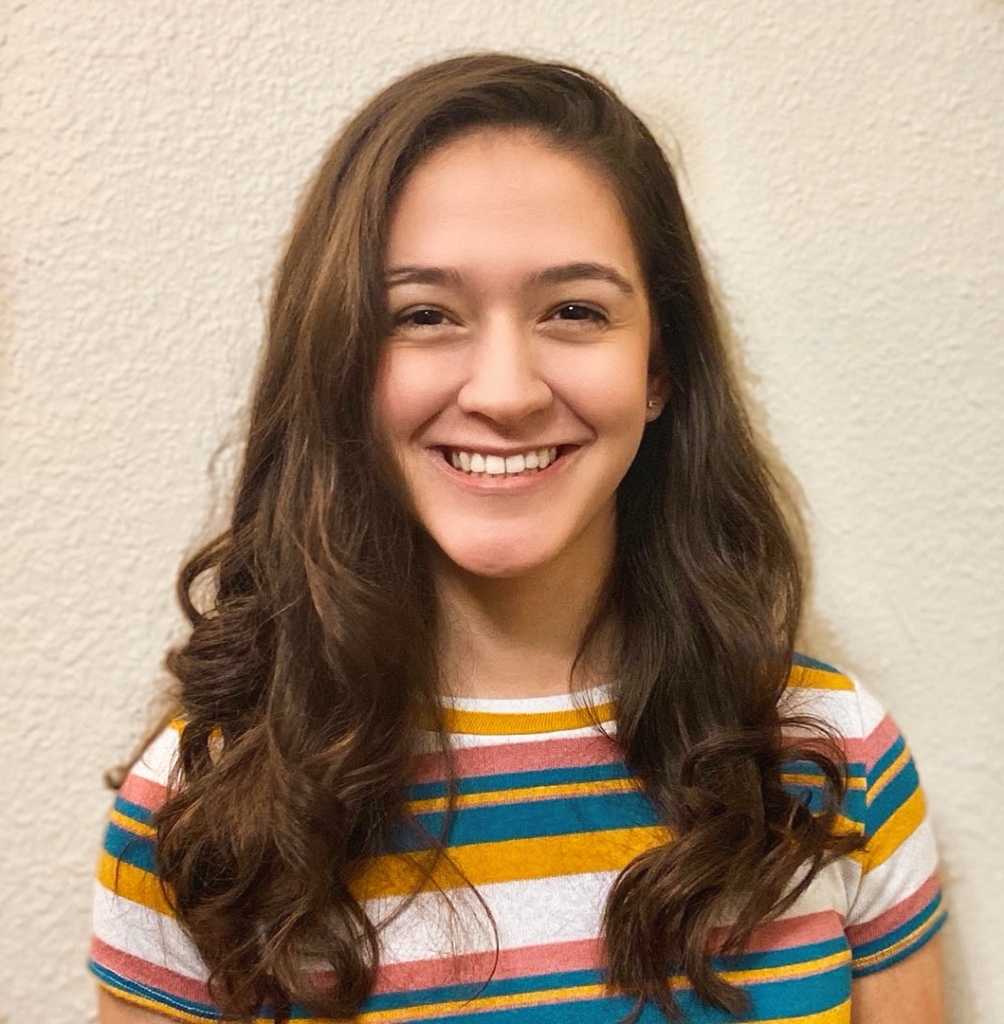
Q&A with Gabriella Perez, Ph.D. candidate
Please share what led you to your current field of study?
Growing up, I watched my grandfather struggle with dementia. The progression of his disease left me both saddened and deeply curious. I wanted to understand it and to find some way to help. This personal experience sparked my fascination with learning and memory—how we unconsciously learn from our experiences, how memories form and are recalled and why some fade while others remain vividly etched in our brains. Now, as a graduate student at Baylor College of Medicine, I study amyloid plaques in mouse models of Alzheimer’s disease. My research focuses on understanding whether the diversity in plaque characteristics can shed light on disease onset, progression or the specific symptoms that emerge.
Why did you choose Baylor College of Medicine?
I chose Baylor College of Medicine’s Neuroscience Graduate Program because of the exceptional quality of neuroscience research conducted here. I was also particularly impressed by the ability of students to clearly and effectively communicate their work during the annual retreat. It left a lasting impression on me. What stood out most to me, however, was the strong sense of community. The students not only seemed genuinely happy but also emphasized how supported they felt by the program. I knew that at Baylor, I would receive top-tier training while also being part of a supportive, collaborative environment with both mentors and peers.
What is a memorable experience or achievement during your time at Baylor that has had a significant impact on you?
The most memorable achievement during my time at Baylor is when my advisor and I received the Howard Hughes Medical Institute Gilliam Fellowship for Graduate Studies. This prestigious award is extremely competitive and aims to advance diversity and inclusion in science by supporting promising graduate students from underrepresented groups in biomedical and related scientific fields. Receiving this fellowship not only boosted my confidence but also reinforced my belief that I could thrive and make meaningful contributions in science.
How do you balance your academic responsibilities with other interests and what are your career goals after graduating from Baylor?
While I’m continually honing my time management skills, I try to remind myself that I am a person first—a daughter, sister and friend—and a scientist second. I prioritize my well-being by engaging in healthy outlets like exercising, traveling and socializing because I know that without them, I risk burning out. After graduating from Baylor, I will be joining Eli Lilly & Company as an advisor. I completed an internship with them in Cambridge, MA, last fall, and I’m so excited to return!
In what ways can the Baylor alumni community support your growth as a scientist?
I believe the Baylor alumni community can best support my growth as a scientist by being open to meeting with me and sharing honest insights about their individual career trajectories. The willingness of alumni to provide advice and lessons learned along the way offers valuable perspective and helps me explore the diverse career opportunities available to Ph.D. graduates.


